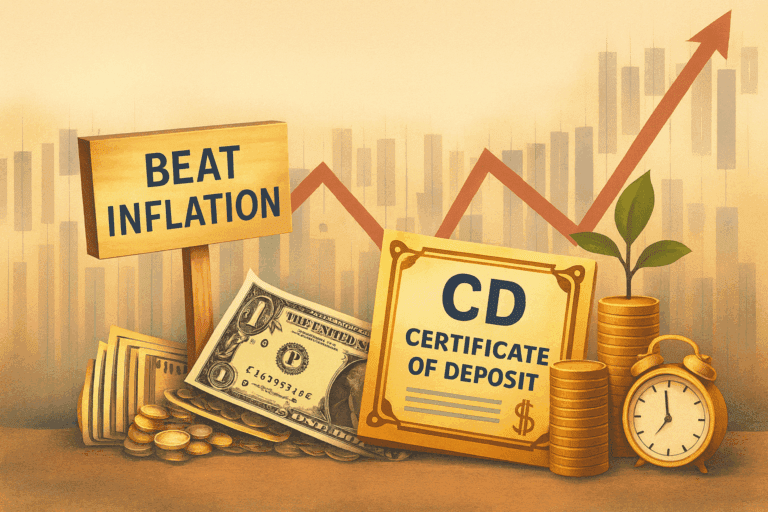While location is always a critical consideration regarding real estate, there are numerous other factors that ultimately determine whether an investment is right for you. Here are ten things to know before investing in real estate.
10. Consider the Location

The real estate investment adage “location, location” will always remain king and the most important factor when considering the profitability of investing in any type of real estate. In addition to the property itself, the neighborhood, proximity to amenities, views, and more factor into residential property valuations. Commercial properties will consider closeness to transport hubs, markets, tax-exempt areas, and more.
9. Examine the Valuation of the Property

Elements such as financing, listing price, insurance, taxation, and investment analysis are all dependent on property valuation. Comparable sales (comps) of properties with similar characteristics are often used for new and pre-owned properties. For new construction, factor the land and construction minus depreciation. For rentals, valuation is based on expected cash inflows.
8. Consider Investment Purpose and Investment Horizon

Gains are based on your use and purpose within four broad categories that should be considered. Buy and self-use: Gains come through value appreciation. Buy and lease: Offers income and long-term value appreciation. Buy and sell (short-term): Relatively quick turnaround for small to medium profit. Buy and sell (long-term): large intrinsic value appreciation over a long period.
7. Consider Expected Cash Flows and Profit Opportunities

Make profit and cash-flow projections based on these five factors. Rental income (inflation favors landlords). Expected value increase due to long-term price appreciation. The benefits of depreciation (and available tax benefits). Analyze the benefits of renovation before the sale to get a better price. Analyze the cost of mortgage loans against value appreciation.
6. Avoid Being Over-Leveraged

Many investors free up cash by using loans to invest in multiple properties at once. However, the long-term cost of interest could cause you to be over-leveraged. If you must take a loan, consider the type of mortgage that best fits your situation: fixed-rate, adjustable-rate mortgage (ARM), interest-only, zero down payment, etc., based on how long you’ll hold the loan.
5. Consider Interest Rates
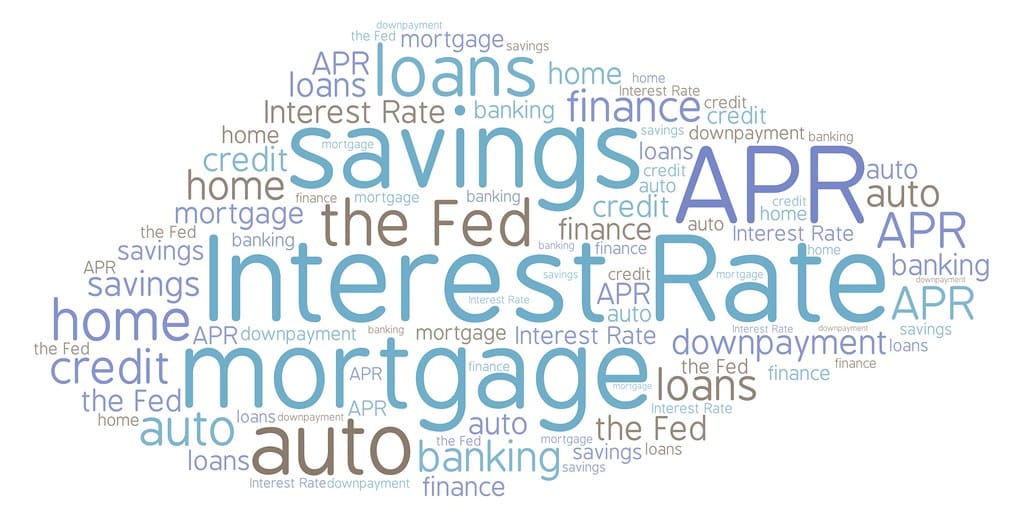
If you must take a loan for your real estate investment, it’s also crucial to be aware of mortgage rates. Even with high interest rates, you could still be profitable if you’re going to purchase and sell quickly. However, if rates are high and you have to hold the loan for a considerable time, the interest could diminish your profit.
4. Considering New Construction vs. Existing Property
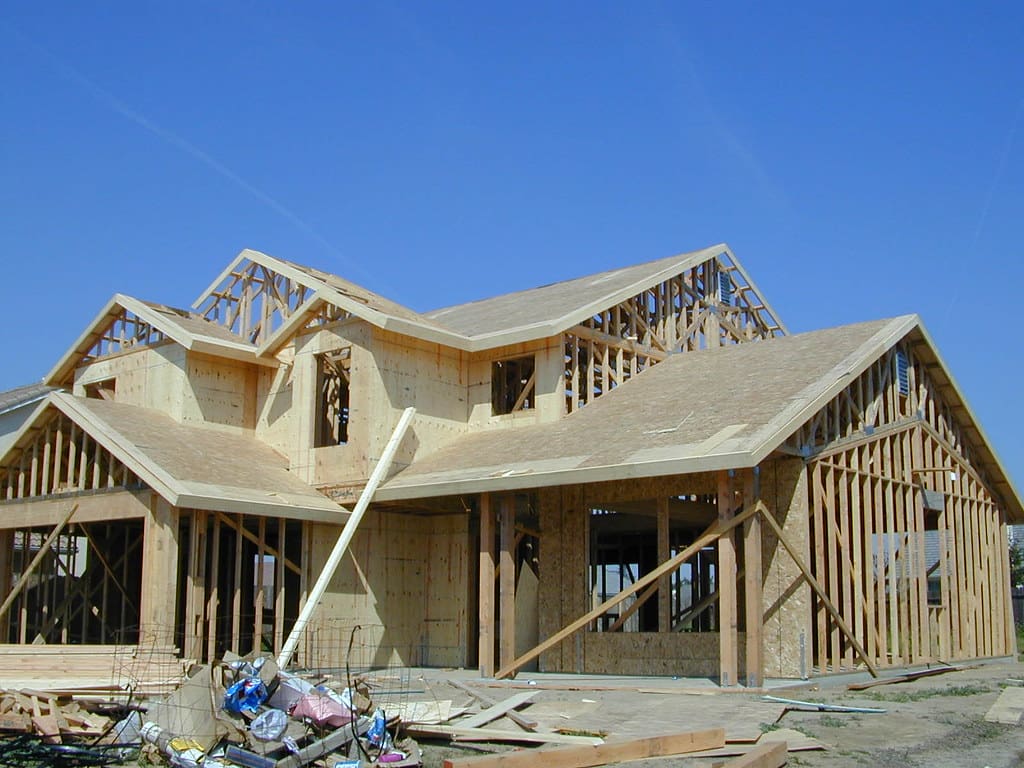
New construction has many benefits, including pricing, customizations, and modern amenities. However, risks include increased costs, delays, and the unknowns of a newly-developed neighborhood. Existing properties offer faster access, established improvements (landscaping, utilities), and often lower costs. When investing in leased property, find out if it is rent-controlled, rent-stabilized, or free-market, as well as all the lease conditions.
3. Considering Indirect Investments in Real Estate
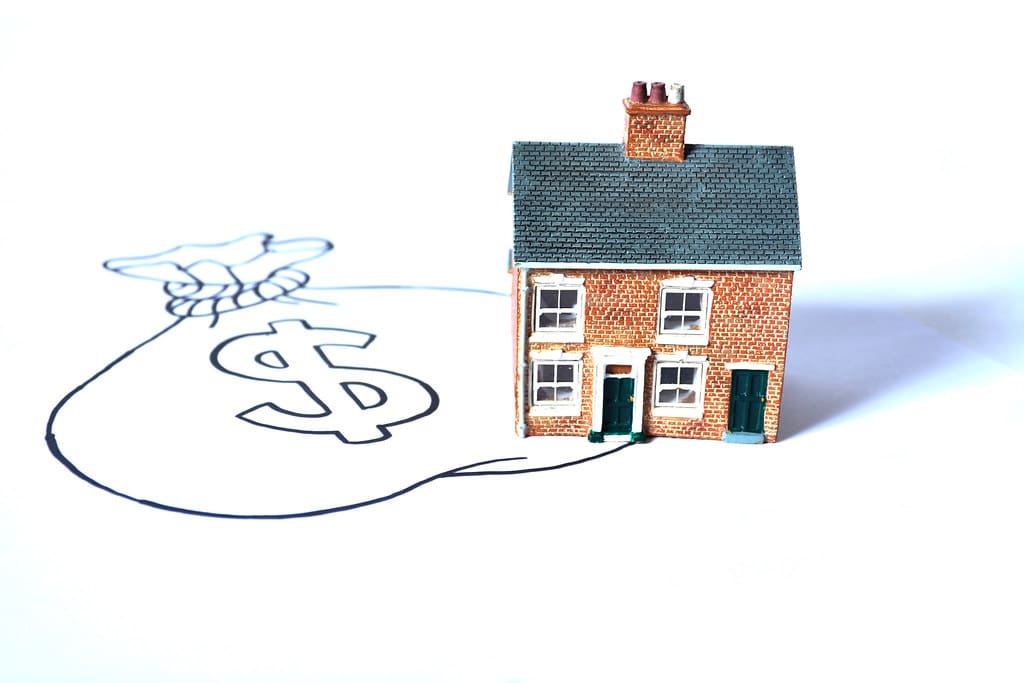
For those who don’t want to manage physical properties, especially over the long term, there are many alternative ways to invest in the real estate sector indirectly. Many of these can be a worthwhile investment. These include real estate investment trusts (REITs), real estate company stocks, real estate sector-focused mutual funds and ETFs, mortgage bonds, and mortgage-backed securities (MBS).
Read More: Investing Basics You SHOULD Already Know
2. Consider Your Credit Score

If you are investing in real estate, and will need to secure a loan for your investment, be aware that your credit score plays a significant role. Your credit score affects your ability to qualify for a mortgage. Further, it impacts the loan terms a lender offers. A higher credit score may get you better terms and a lower interest rate.
Read More: What Happens to Your Money if You Suddenly Die?
1. Consider the Overall Real Estate Market
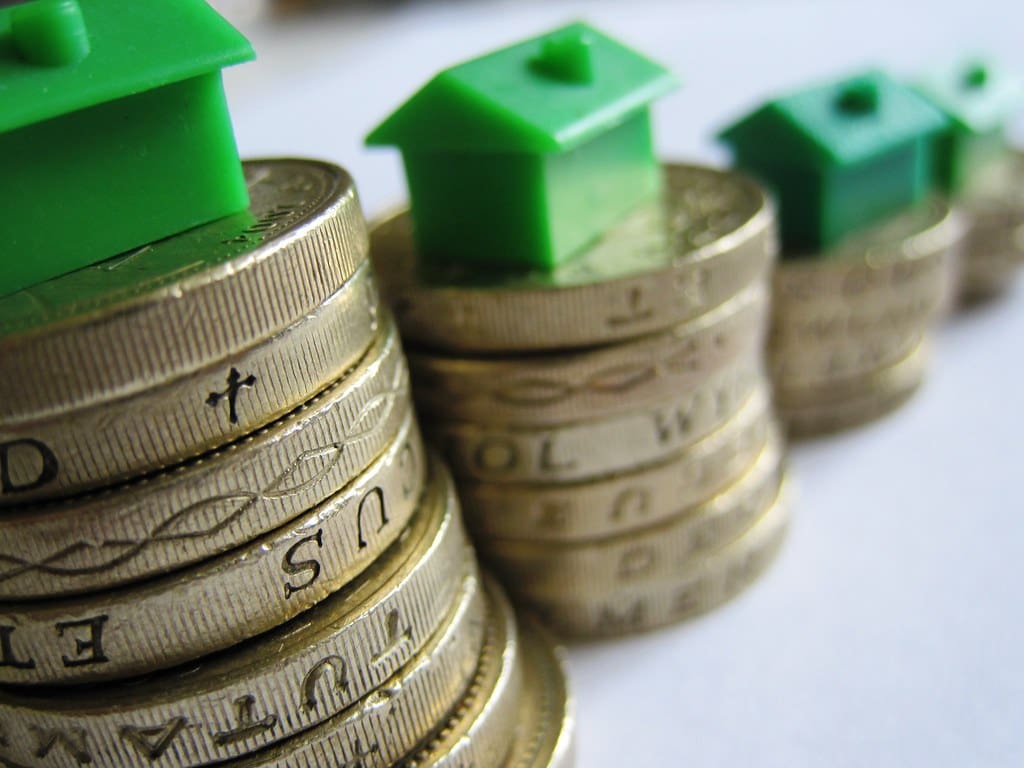
Real estate markets fluctuate. It’s important to be aware of trends. There are good times to buy real estate low and sell high. Likewise, if you purchase when prices are high, if prices drop, you may not be able to sell for a profit. Monitor trends for home prices, sales, new construction, property inventory, mortgage rates, flipping activity, and foreclosures.
Read More: Top 10 Best States for Low Property Taxes





